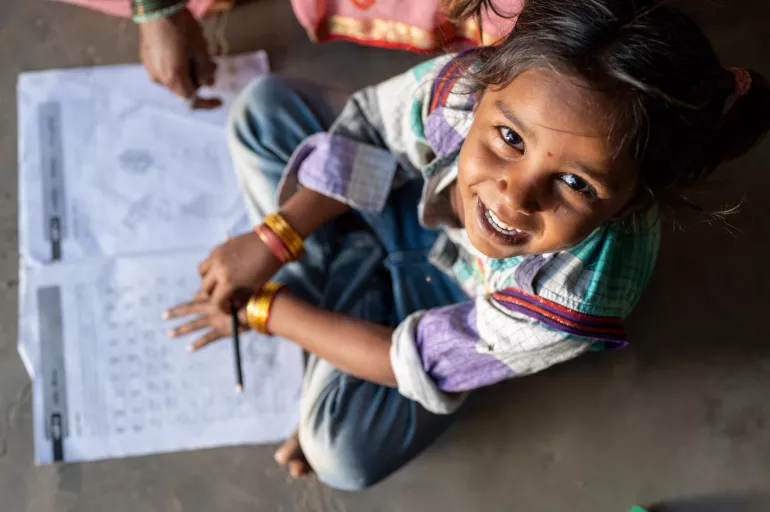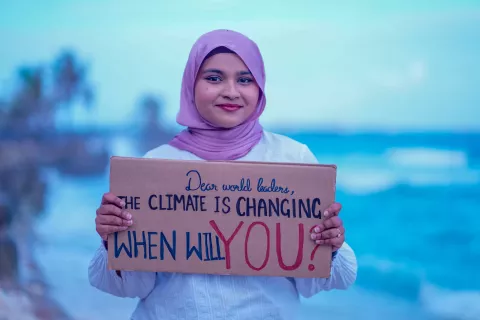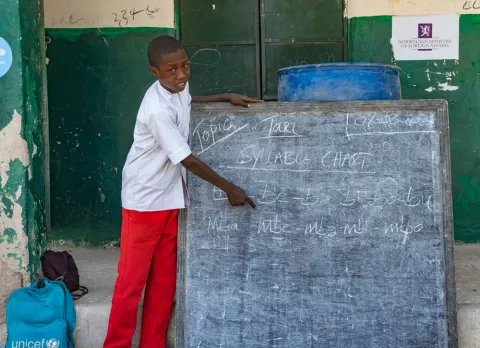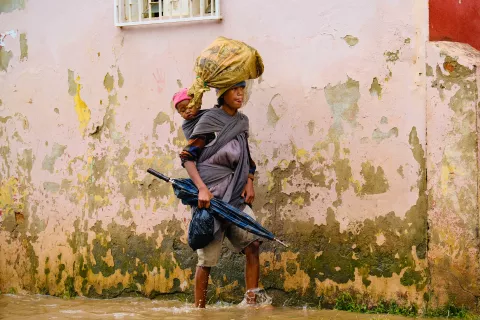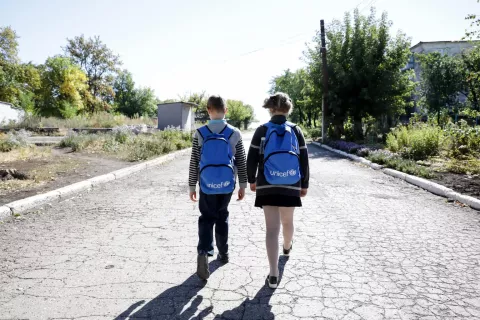There are at least five immediate and devastating consequences of COVID-19 on education that require collective action: Firstly, we have seen progress on out-of-school children reverse, while the pre-existing global learning crisis is at risk of becoming a catastrophe. Meanwhile, vulnerable children, especially girls are quickly losing the protection that schools and learning offers to their well-being and life chances. At the same time, growing poverty alongside unemployment will widen education inequality, while international, domestic and household expenditure on education is shrinking.
What started as a health crisis has turned into an economic one that is set to cause an inter-generational education crisis.
Even before COVID-19, the global education sector agreed on the critical need to align partners around a common purpose and actions to transform national education systems. This is urgent now more so than ever.
It’s time to confront stubborn country coordination challenges
The recent endorsement of the improved Global Education Cooperation Mechanism by Member States and partners reconfirms a shared commitment to accelerate progress towards Sustainable Development Goal 4 by offering “greater policy leadership, better synergies, greater efficiency and improved delivery in global and regional cooperation”. The next important step is collective and coordinated action by all partners to translate this commitment into action at global, regional and, critically, at country levels in the best interest of children. A frank conversation on the stubborn problems confronting country coordination and possible solutions is timely.
The centrality of national leadership to effectively transform education systems, consistent with the Grand Bargain, has been confirmed and reconfirmed many times. Even so, distinct ‘supplementary’ and ad-hoc processes, often in response to demands by global stakeholders, donors and supporters, continue to cause issues.
Education systems are seeing significant inefficiencies that compromise on quality and coherence of national plans and processes. This risks skewing national capacities and diluting national duty bearers’ accountabilities.
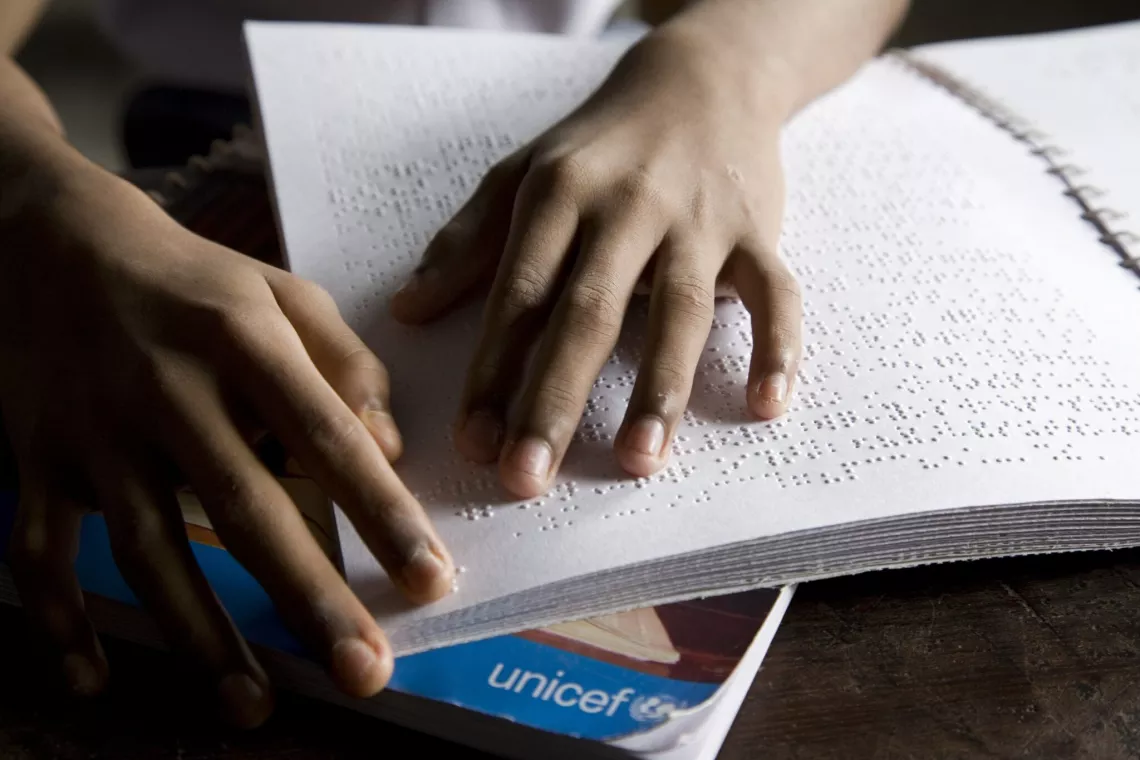
Many of the ad-hoc or supplementary coordinated processes target a specific group of children or are related to a source of external funding. These processes are often complex, duplicative, and even contradictory when it comes to prioritization. Coordination is further compartmentalized by development, humanitarian and refugee mandates.
Pulling in the same direction
With a global coordination system in place and repeated calls to reduce transaction costs, all stakeholders must support and adhere to a national coordination process, led by governments. At the country level, the local education group is oftentimes the key entity bringing together relevant partners to support agreed objectives that align with a National Education Sector Plan from its inception to implementation, monitoring, review and revision. Such alignment boosts everyone’s effectiveness and efficiency, while maximizing the impact of resource allocation and mobilization. During this extraordinary time, when all national budgets are under pressure due to the COVID-19 pandemic, this becomes critical.
Global stakeholders with specific interests or requirements should leverage national planning, monitoring and review processes, and select the specific components that align with their priorities. The globally agreed standards and principles should form the basis of global advocacy and engagement with national stakeholders. With everyone ‘pulling in the same direction’, the above-mentioned challenges and inefficiencies can be avoided. Distinct processes can be replaced by collective engagement and support to ensure that national plans and processes adhere to agreed standards of quality and inclusiveness.
Supporting governments to lead
Effective country coordination also requires time and capacity dedicated to supporting governments in their leadership role. This means support to set up business processes, develop tools, as well as training and knowledge management systems. It also means rallying and marshalling other local and international actors towards a shared understanding and implementation of a cohesive country coordination mechanism, which also spans the refugee-humanitarian-development nexus. This needs trusted partners with extensive and credible capacity, in-country presence, coordination capacity, the ability to innovate, advocate and communicate effectively, strong monitoring, evaluation, and research capacity, and the proficiency to unlock bottlenecks among partners when they inevitably arise.
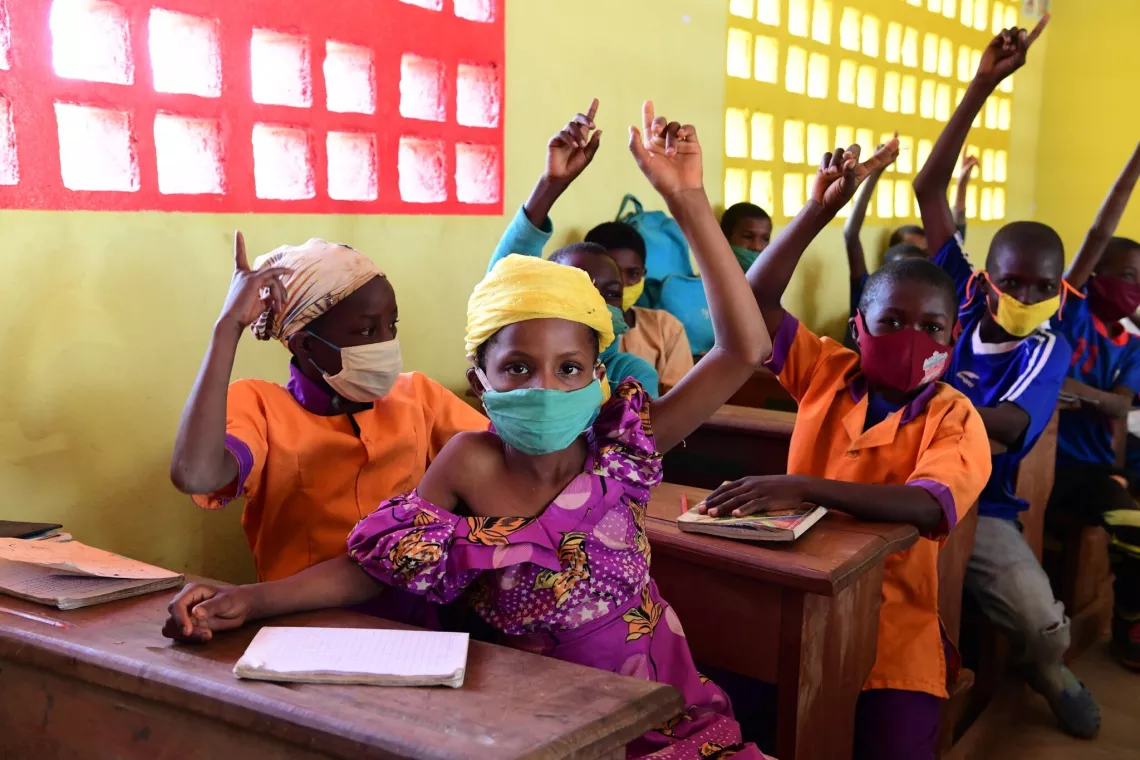
UNICEF continues to work with governments and partners to tailor solutions for their local contexts through its mission to act in the interest of the child. With our long-standing engagement in education across the refugee-humanitarian-development area; 900 education staff situated in over 150 programme countries; expertise in risk-informed programming and contingency planning; commitment to innovation in education and a mandated role to ensure effective leadership and coordination in education response, governments should be assured that UNICEF remains one of those trusted partners.
Robert Jenkins is UNICEF’s Global Director for Education
Saadhna Panday-Soobrayan is the lead on UNICEF’s global education partnerships
Nicolas Reuge is a Senior Education Advisor focusing on sector planning, innovation, data and evidence for results
Linda Jones is a Senior Education Advisor focusing on education in emergencies

